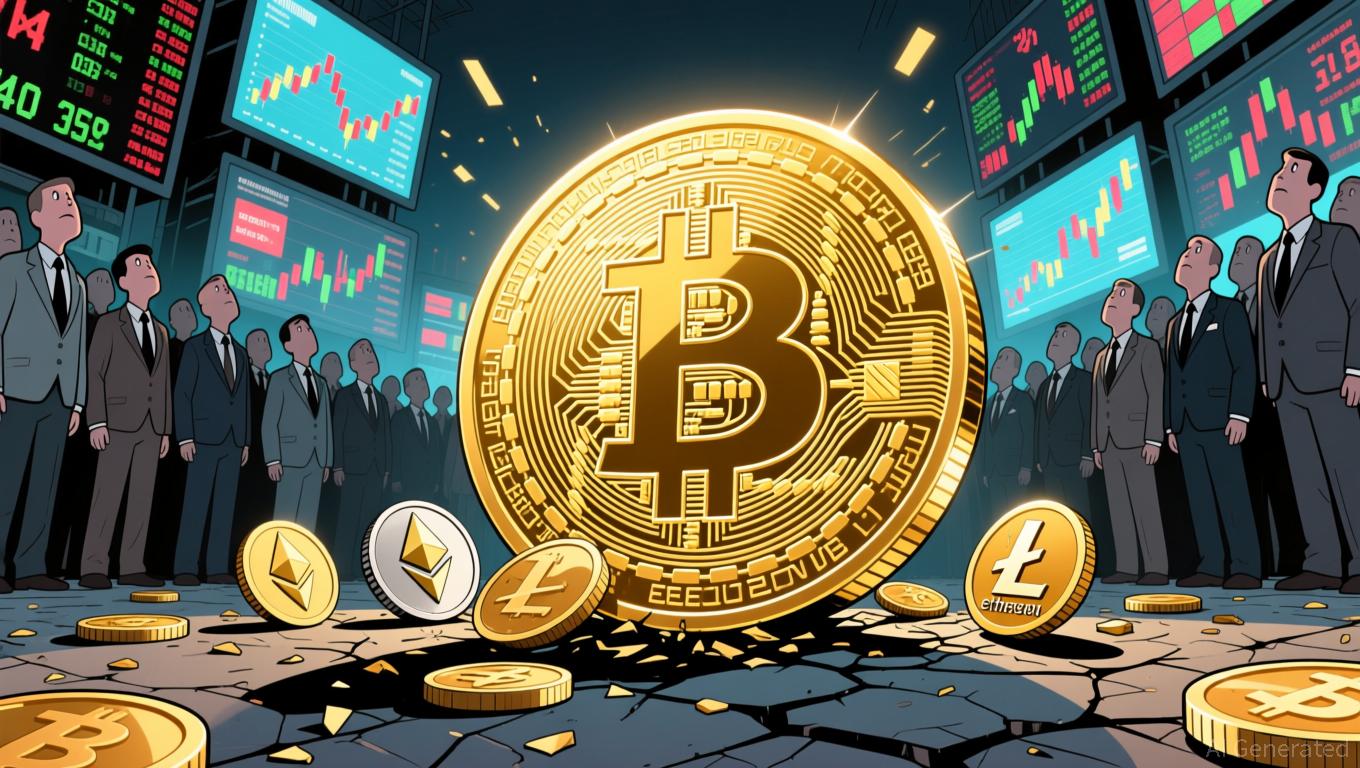Astar Network unveils new roadmap to power native token
Astar Network has released a new roadmap as it moves to add more utility and features to its native token.
- Astar Network, a parachain within the Polkadot ecosystem, has released a fresh roadmap to enhance its native token.
- The project plans to introduce a fixed supply cap of 10.5 billion ASTR, replacing the inflationary model.
- Starting next year, the network will shift from its current governance system to a community-led approach.
Shared in a November 12 X post , the roadmap outlines Astar Network’s plan to improve its native ASTR token with features that reduce supply, increase cross-chain use, and provide the community with more control. It sets the stage for the team’s long-term goal of making the token more stable, useful, and valuable over time.
Astar Network introduced the upcoming Tokenomics 3.0 framework, which will shift ASTR from an inflationary supply to a fixed cap of 10.5 billion tokens, possibly less after the network’s planned “Burndrop” event. The Burndrop also allows users to burn their ASTR ( ASTR ) tokens in exchange for allocations in the Startale ecosystem, a feature that is currently in testing and is designed to create scarcity while rewarding long-term holders.
“After months of building, Astar is entering its next era, one defined by proof, progress, and participation. The foundation is set for a more decentralized, utility-driven network,” the team wrote.
Meanwhile, the network is also planning to launch a Startale App by early 2026. The application will act as a multichain wallet and “super app” for managing the native token across the various networks, supporting payments, and making it easier for users to interact with the ecosystem.
Astar Network eyes Plaza integration and governance shift
As part of the roadmap, Astar will integrate with Polkadot Asset Hub Plaza starting later this year. This upgrade will add EVM compatibility, enable bridging to Ethereum, and give ASTR access to wider liquidity, while also expanding the token’s role in cross-chain staking and voting.
To increase community participation, the Astar Foundation plans to move toward decentralized governance by mid-2026 through community councils and contributor programs. Later that year, it will launch an Ambassador Fellowship Program that rewards active members with tokens.
With this roadmap, Astar aims to position itself as a sustainable Web3 infrastructure platform. Founder Sota Watanabe noted that the goal is to create “a leaner, fairer network” where the native token is not just a utility asset but a cornerstone of the protocol’s long-term future.
Disclaimer: The content of this article solely reflects the author's opinion and does not represent the platform in any capacity. This article is not intended to serve as a reference for making investment decisions.
You may also like
Bitcoin Updates: Bitcoin Jumps 60%—Sign of Market Evolution or Monoculture Danger?
- Bitcoin's market dominance nears 60% as altcoins lag amid regulatory pressures and shifting investor preferences toward stability. - U.S. investigations into Bitmain's mining hardware and proposed Bitcoin adoption policies highlight regulatory and institutional risks reshaping the sector. - Macroeconomic uncertainties and MSCI's crypto index exclusion plans intensify Bitcoin's appeal over altcoins, with critics warning of forced sell-offs. - While Bitcoin outperforms gold in appreciation potential, its v

Blockchain and AI Empowering SMEs to Compete Equally in International Trade
- Ant Group's Eric Jing proposed blockchain smart contracts and AI to address SME income distribution challenges at Singapore FinTech Festival 2025. - Blockchain infrastructure enables real-time, transparent revenue sharing among collaborative agents, with digital currency enhancing trustless transactions. - AI tools like Antom Copilot and EPOS360 streamline SME operations, while MAS partnerships through sandboxes advance blockchain-based trade solutions. - Projects like Guardian (tokenized money) and Path

Bitcoin Updates Today: Bitcoin Holds Firm While Investors Navigate Policy-Related Uncertainty
- Trump's 40% tariff exemption for Brazilian coffee/beef eases U.S.-Brazil trade tensions, stabilizing global commodity markets amid political clashes. - Lula's firm stance secures Brazil's agricultural exports, boosting domestic political standing while avoiding inflation spikes in U.S. food markets. - Bitcoin maintains stability at $82,000 despite Trump's tariff-driven volatility, reflecting investor confidence in decentralized assets as policy hedges. - Tariff exemptions highlight limits of U.S. economi
Mystery Grows as JPMorgan Closes Crypto Accounts Even After Trump's Prohibition
- JPMorgan's closure of Strike CEO Jack Mallers' accounts reignites debates over crypto-linked "debanking" despite Trump's August executive order banning such restrictions. - The bank cited "concerning activity" under the Bank Secrecy Act but refused to explain its decision, echoing industry concerns about politically influenced banking practices. - Critics warn such actions risk pushing crypto activity overseas and highlight unresolved tensions between regulatory compliance and innovation in digital asset
